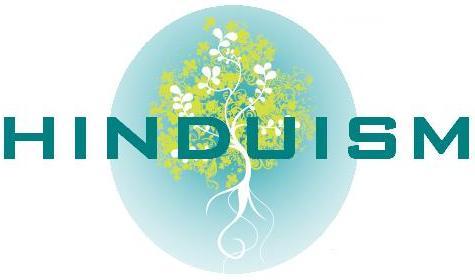Hindus want worldwide religious certification for foods and beverages on the lines of Kosher (which the Jews have) and Halal (which the Muslims have).
In a statement in Nevada (United States), Rajan Zed, president, Universal Society of Hinduism (USOH), said, “Hindus take their diets very seriously, and food plays a major role in Hinduism.”
“Hindus have their own religious dietary laws like other faiths. It is about time the world recognises and respects their needs,” he added.
Zed stressed that the Hindu consumer was maturing and asking questions and there were one billion Hindu consumers spread worldwide. There was no provision for the protection of the Hindu consumers.
He stated that foods permissible to all Hindus could be termed as shuddh (pure) and depicted by the capital letter S with a circle around it.
“Shuddh food should not contain any meat, fish, eggs, alcohol and intoxicants, and none of these should be used in the processing of shuddh food,” Zed added.
He stated that the machinery and equipment used to process shuddh food should be properly cleaned and purified before its processing.
Zed said that the food offered to Hindu consumers in airlines, defence forces, cruises, prisons and dorms should also carry the shuddh symbol.
“A worldwide Hindu body could be created to certify products, manufacturers and restaurants as shuddh, using the S symbol to show their backing,” he added.
“Until such a body is formed, food producers could contact Hindu scholars for help. USOH would offer its services in the formation of such a body and helping the producers,” Zed indicated.
Zed noted that consuming beef was considered sacrilegious among Hindus. He stated that most Hindus had adopted vegetarianism, and stayed away from meat, intoxicants and alcoholic beverages.
“Most Hindus were primarily concerned with animals, birds, fish, egg and their products, which they did not want in their food,” he added.
Zed further said that Hindus believed that the ingestion of pure foods led to mental purity and liberation, while improper foods could be spiritually harmful.
“There is a whole theology behind food; categorising the food into gunas (sattvik, rajasik and tamasik),” he added.
“Some of the staple items in the diets of Hindus had remained virtually unchanged since pre-historic times,” Zed said.
He argued that many Hindus considered vegetarianism as a mark of purity. “There is emphasis on a sattvic diet; which includes grains, fruit, vegetables, nuts and legumes. Ahimsa (non-harming) is an ethical value in Hinduism,” he added.
Zed pointed out that since the Vedic period, food had been central to both the daily life as well as the rituals of Hindus.
“Food is extensively and exhaustively treated in some of its ancient texts. Taittiriya Upanishad states that food is the most important of all things, while the Chandogya Upanishad tells us to worship food,” he added.
Zed urged food manufacturers to exhibit transparency and clearly mention all the ingredients on the labels of their products, including the ones used in the processing, thus helping Hindu consumers make conscious decisions.
“Not being open about the usage of prohibited foods in their products hurts the feelings of devotees,” he added.






